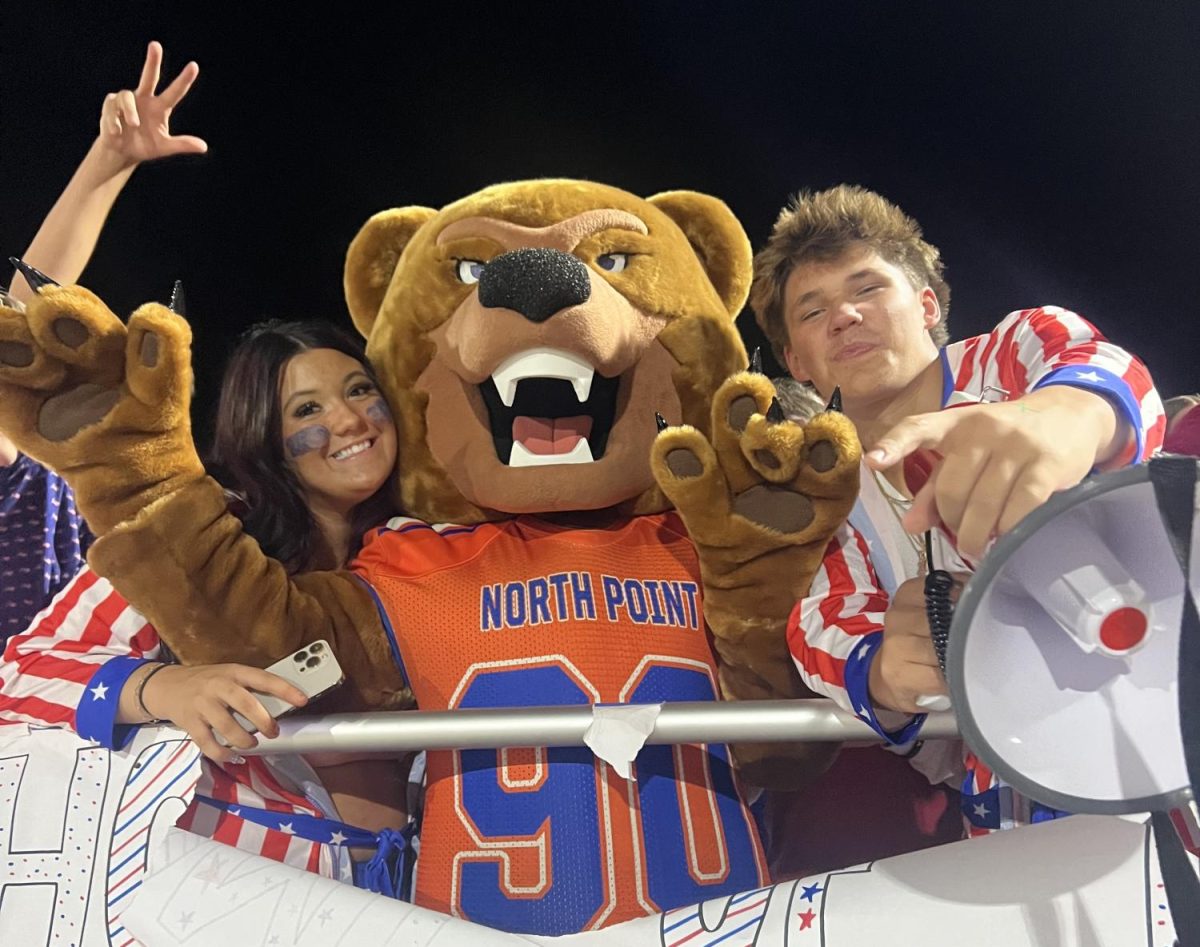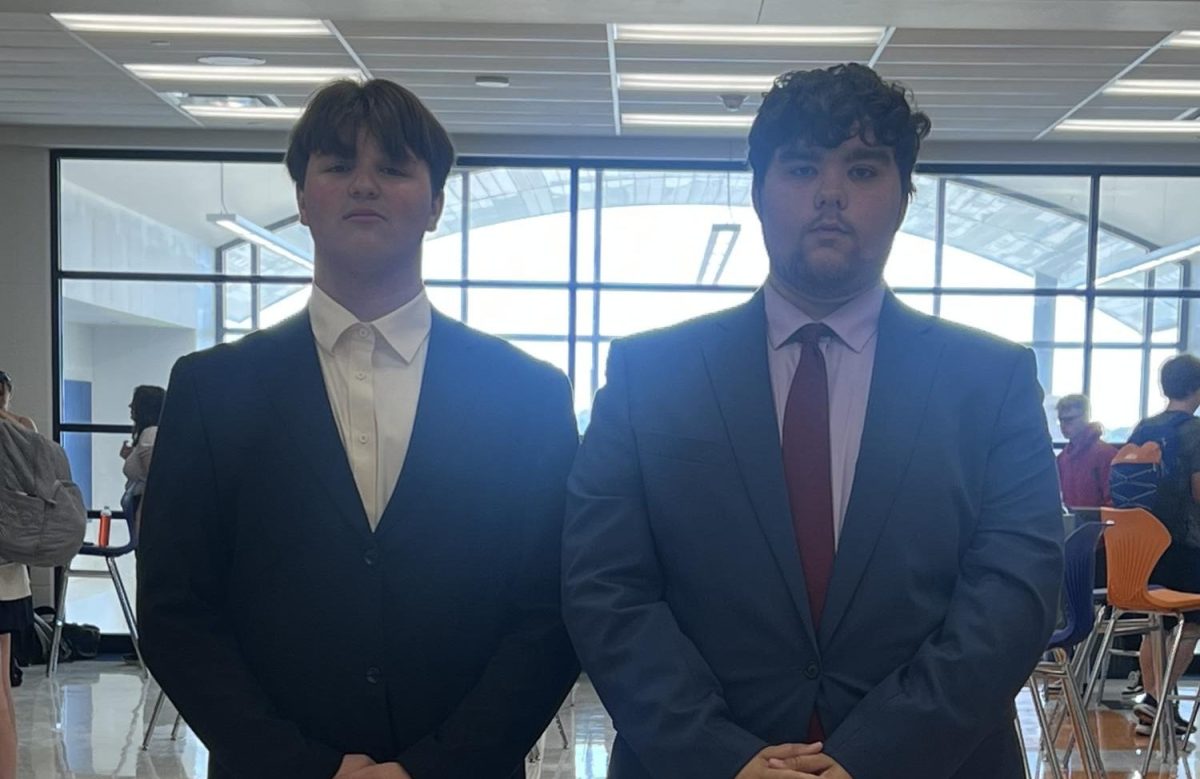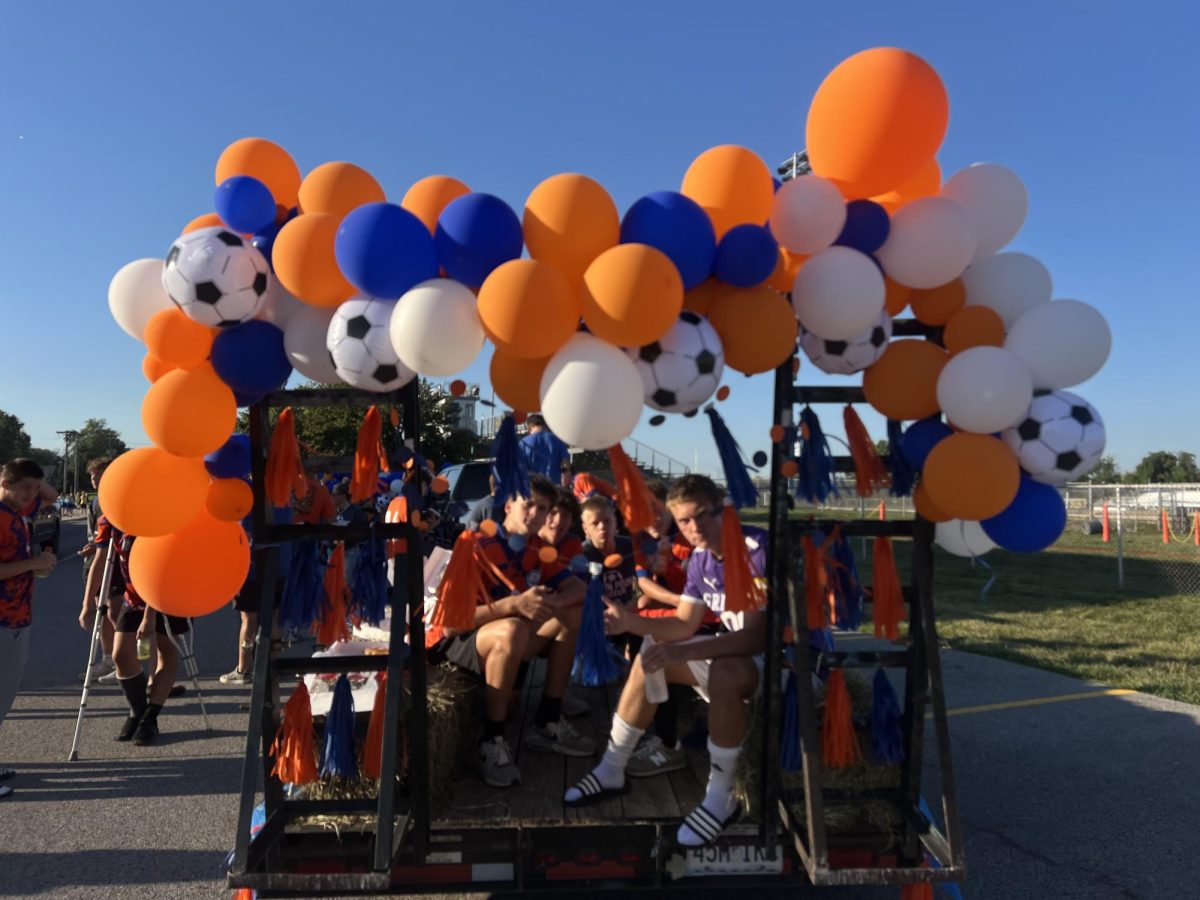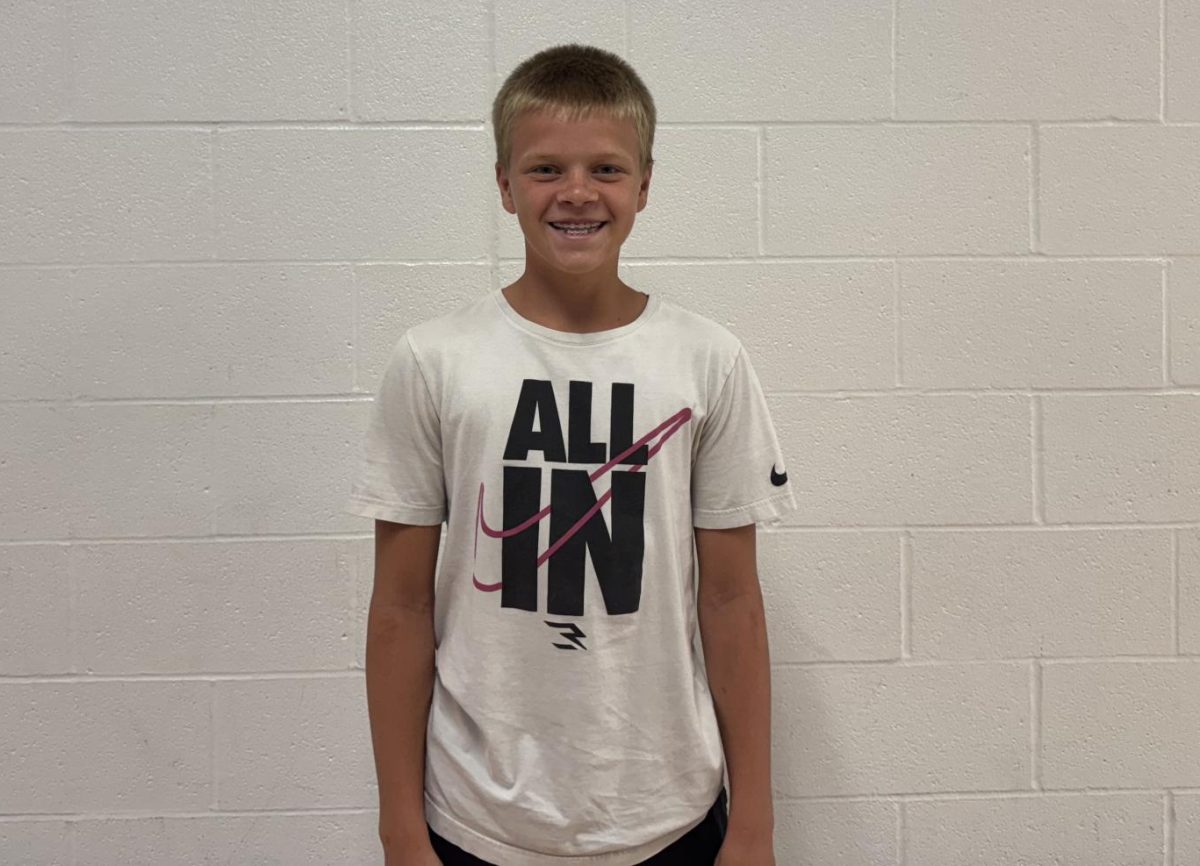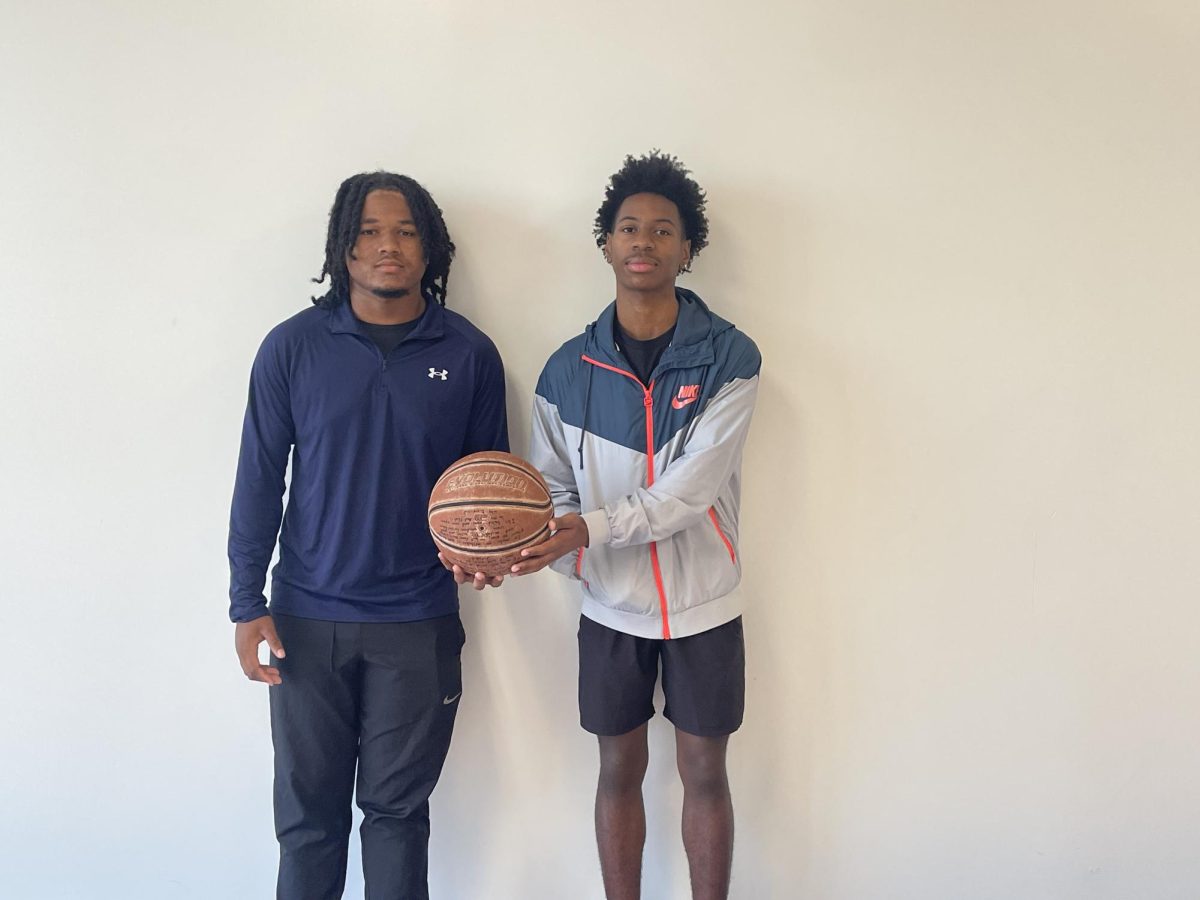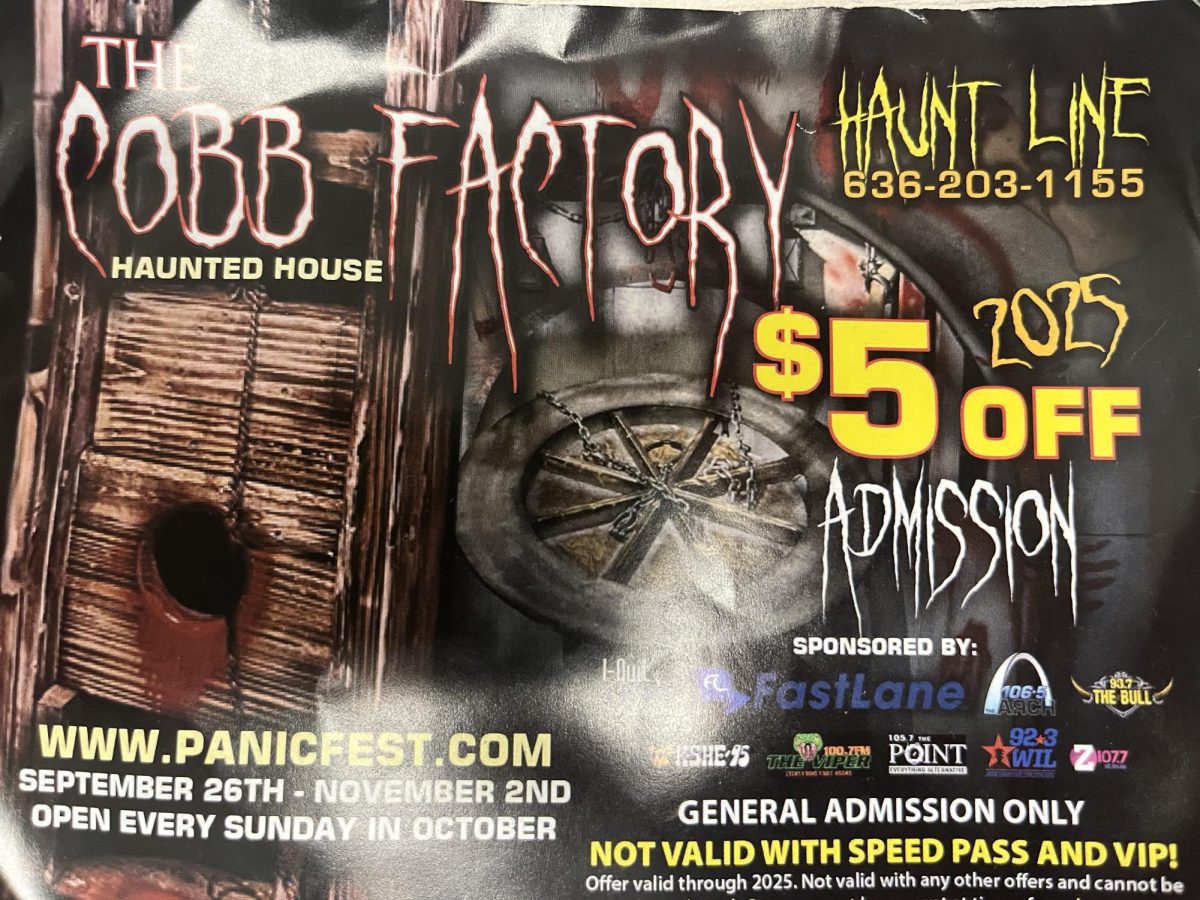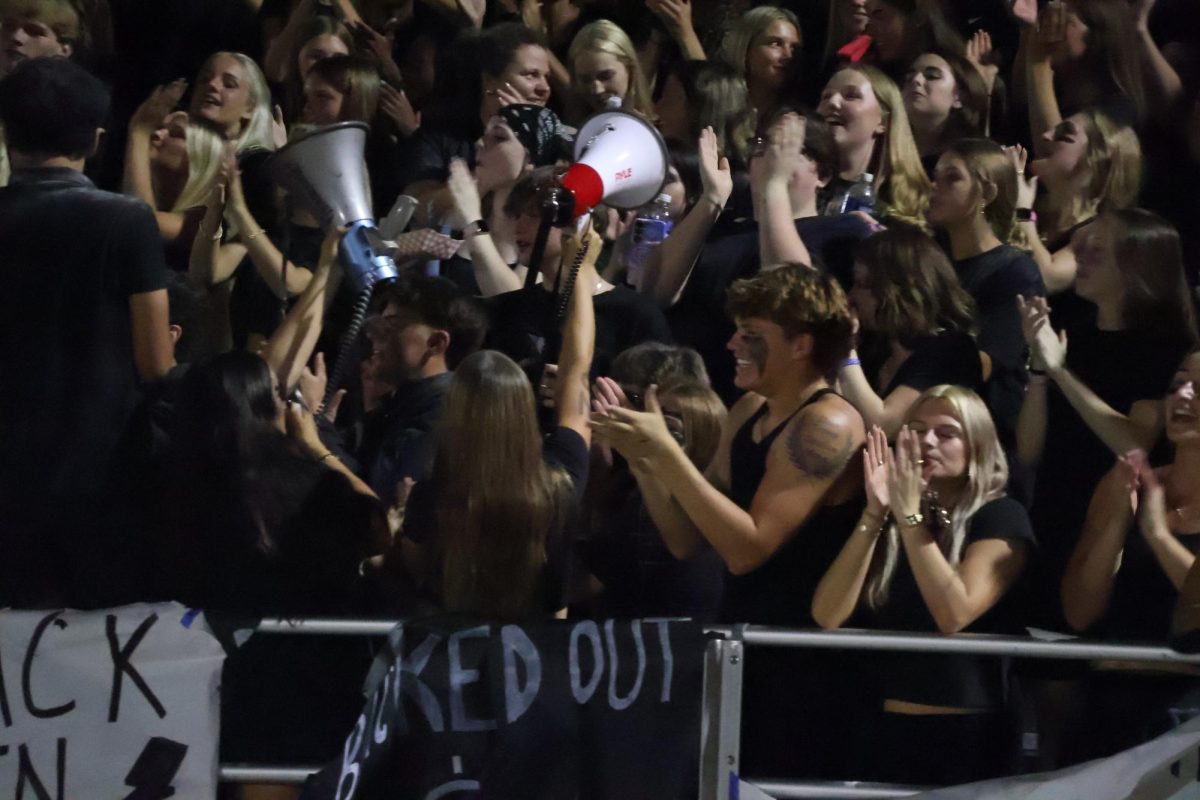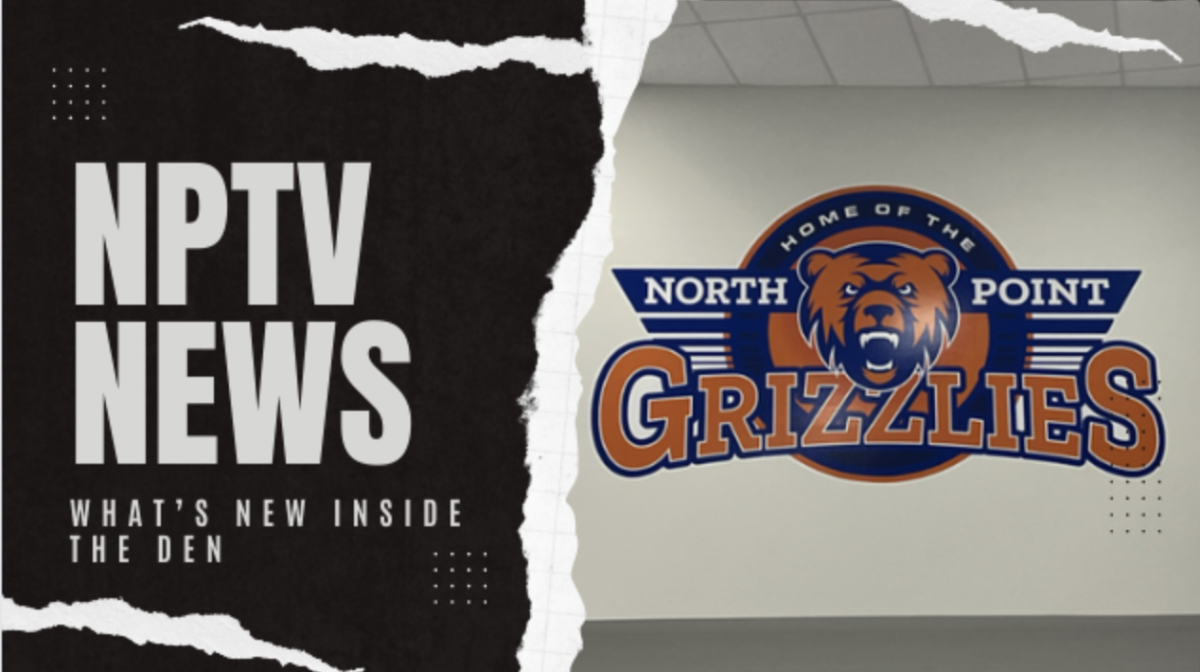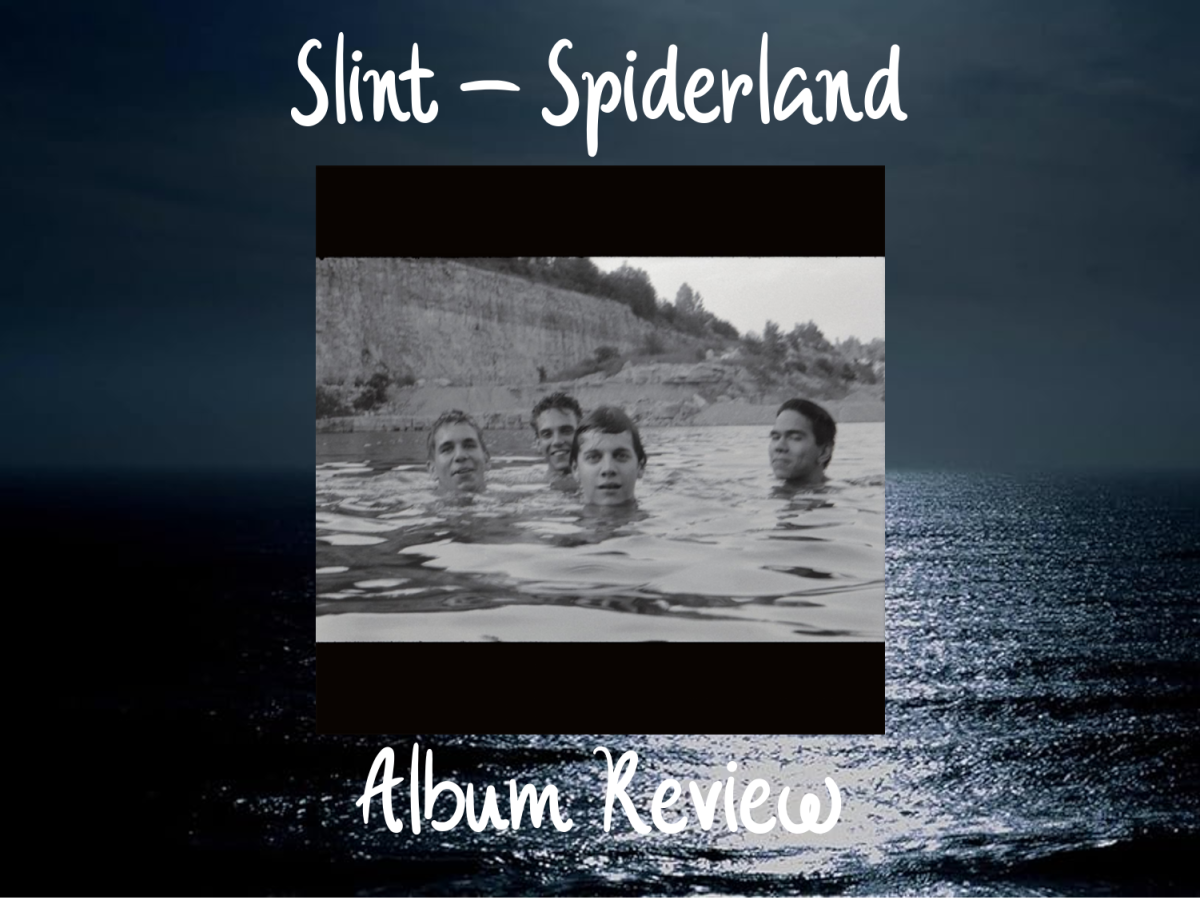Over the years within the music fandom, many albums that came out have been deemed as important within their respective genre, whether it be because of how the sound of one could have created a shift within its genre, creating lots of inspiration from bands to be conceived or ones already creating music and working, or, it could have emotional importance through its lyrical messages and its context.
Albums such as “The Velvet Underground and Nico” or “Kind of Blue” by Miles Davis, revolutionary pieces in music history, have brought changes that can be seen even through today, breaching the line between certain genres, or bringing new ideas to their respective ones that have never been conceived into a full piece of art.
“Spiderland” by Slint, is particularly a highly praised album that, to fans, has either created a large influence, or had literally begun the post-rock genre. For this, is still given a large amount of respect today for its potently dark tone, as well as its odd musical techniques like using unique time signatures such as 7/4, 12/8, and 15/8, and its shifting and complex melodies that he guitars create over each track. The drums in each album also feel so thin yet are very punchy at times, and the guitars melodically always sound dynamic and unique with every little repetition of a central melody.
What may throw some listeners off though, is lead singer Brian McMahan’s style of vocals throughout the work, mostly being sung through spoken word, like on “Breadcrumb Trail.”
Opening the album, it neatly blends the different variations of what we will hear, starting with a repeated guitar melody and drum pattern, and the first verse telling a story throughout the song. The monotone speaking is almost drowned out by the instrumental, peaking through singing that almost feels forced, like McMahan is screaming out. While to some this may be off-putting, to others and myself it perfectly fits the darker tone the album goes for instead of detracting from it, especially when the vocals get very delicate.
The most intimate his voice gets is on “Don, Amon,” which in general is the quiet and eerie moment on the entire album. Both Britt Walford on drums and Todd Brashear on bass take a step back, leaving McMahan and the guitarist, David Pajo, together with a six minute track completely comprised of only vocals and two electric guitars. Another aspect of this song and album that is great is how fantastically the band manages to handle the ups and downs of intensity, almost taking you on a mental trip through creating anticipation for the next drop or increase in intensity.
“Don, Amon” manages to do this extremely well with two guitars, dynamically growing harsher and softer, eventually reaching a climax when out of nowhere one guitar becomes extremely distorted for a portion of time, before slowing back down.
Moments like these are what make the album such contain such a captivating first listening experience, especially for songs like “Washer” and “Good Morning, Captain,” where the intensity of each track is built built up and broken down with various dynamics, until they burst into a furious climax before falling back down.
Even ones that do not exactly follow this formula like “Nosferatu Man” and “For Dinner…” have some sort of variation in the way they build their songs upward. “Nosferatu Man” in particular ends furiously with a dissonant but addictive riff that goes on and on for what seems like an eternity by the end.
A personal favorite from this album melodic-wise would easily have to be “Breadcrumb Trail,” starting out with its repetition before bursting with intensity with the harmonic guitar squealing up and down, taking the viewer on a dynamic journey before ending off with the very same melody it started back up with. It gives you an opening taste of what the album will sound like, using its moments of eeriness sparingly as a way to intrigue you.
However, the changing dynamics and intense build-ups are half of what makes this album a titan in the post-rock genre. “Spiderland” is heavily acknowledged for its storytelling through McMahan’s passages of spoken word.
“Breadcrumb Trail,” as said before, starts off the album giving you an idea of what the rest will be like, and tells a strange yet simple story of a boy who meets a fortune teller at a carnival. The two spend their day together by going on a rollercoaster, with the two seemingly falling for each other as they depart in the evening.. While it is not the most impactful story, it still has moments of extreme intrigue.
A personal favorite lyric from the track is: “Spinning round, my head began to turn, I shouted, and searched the sky for a friend, I heard the fortune teller screaming back at me.” While seemingly an odd lyric at first, to me, it shows that the protagonist went to the park for this reason, “in search of a friend,” and in this moment he realizes that he found the fortune teller.
This theme of relationships continues in “Nosferatu Man,” but in a much darker light. It tells a tale of a vampire and a queen, one where their relationship begins to grow higher, yet fall down into the dark, like a vampire would when the sun comes out. By the end of the track though, it is implied that the woman finally gives in, even if it may cause further pain in the future, slowly taking away her essence and life, like a vampire sucking the blood from a human. It depicts isolation taking place through a relationship, and how it can harm not only the other person in it, but oneself as well.
Apparently, this track is also heavily inspired by the short silent movie of a similar name, “Nosferatu.”
Isolation seems to be a large influence within the themes of this album, whether it be through the perspective of a rough relationship, or through the lens of someone struggling to deal with it. “Don, Amon,” while very simple, can be eerily relatable. It is the most simple and strange story out of the bunch, about a man leaving some sort of party to get back in touch with himself, as the party seemed to make him uncomfortable.
McMahan’s vocals are reduced to a whisper, his voice right up into the microphone, as if he was whispering in the listener’s ear. He describes the party as overwhelming, and how awkward he has been acting throughout it, and how others clearly looked towards him in contempt and amusement. He gives off visceral descriptions of everything happening, “the light, their backs, their conversation, the couples, romancing, so natural.” The ending sees our protagonist finally leaving the party, laughing the night away as he recaps how awkward he was there.
“Don, Amon” describes social anxiety and alienation through a man’s simple struggle to interact with others in a social situation, and while that concept alone does not seem that dark, it fits in completely with the album trajectory with how grimly the lyrics describe a situation like this, representing how others with social anxiety may feel beautifully.
“Washer” is one the longest song of the album, and tells a story of a breakup, with the protagonist saying goodbye to his partner before leaving her for good. Over the course of the eight minute runtime, this track proves to be the most emotional with its somber tone and eventual burst of intensity near the end. Lyric wise, the track ends with the protagonist stating that he is safer now, ending the track with him seemingly euphoric. However, there are darker implications to this that you may interpret.
“For Dinner…” is my least favorite song from the album, as it is mainly just an instrumental track, but that is not to say its purpose is missing either. Throughout the course of this album, each song has been building to something larger, with each song having some sense of climax, but soon ending just as eerily as it started. This track in particular really seems to drive home the idea of building up tension even higher, while still sounding relatively calm, like the calm before a storm.
The album ends with the band’s magnum opus, “Good Morning, Captain,” an intense multi-phased song that follows the story of a captain lost at sea after his ship was ruined and his crew was lost to a brutal storm. Throughout the song, we see him attempt to find his way out, before eventually seemingly hallucinating a pale boy at the windowsill of the ship’s quarters.
McMahan had stated that this song was dedicated to his little brother, a symbolization of the loss of childhood before moving into adulthood. He talked about how when he left his home to focus on his band, he had to leave his little brother, forcing him to confront the struggles of adulthood, and perhaps to one’s interpretation, the issues seen throughout this entire album. Isolation and anxiety through relationships and through oneself. This guilt comes to a head as the track ends with not only the captain, but McMahan, screaming out the words “I miss you,” before the distorted guitars and heavy drums trudge on some more, and end the track and album.
“Spiderland” was the final album made by Slint before the band broke up, having been due to McMahan’s depression. What the band had left with the album, though, was a devastating masterpiece that is known for being responsible for the upbringing of post-rock, inspiring many bands along the way. Through its complicated melodic sequences and gradual build in intensity, to its harsh yet frank depictions of alienation in social situations, romantic relationships, and through your own self can only cause pain to everybody involved.
It is a potently grim piece of art that still feels impressively innovative and original, even when it actually was for its time. For this reason, I would give this album a 10/10.

